It seems like we can’t go one day without hearing the about the distressed state of our environment. Whether it’s the enormous amounts of plastic in the ocean or record breaking forest fires, it all feels so disheartening. Then when we think about all of the things we do on a daily basis that creates waste, it can be overwhelming. Where to even begin?? Thankfully there are several small changes you can make to your home, office, diet, etc. that can have a big impact on the environment. If we all chip in, we really can make a difference!
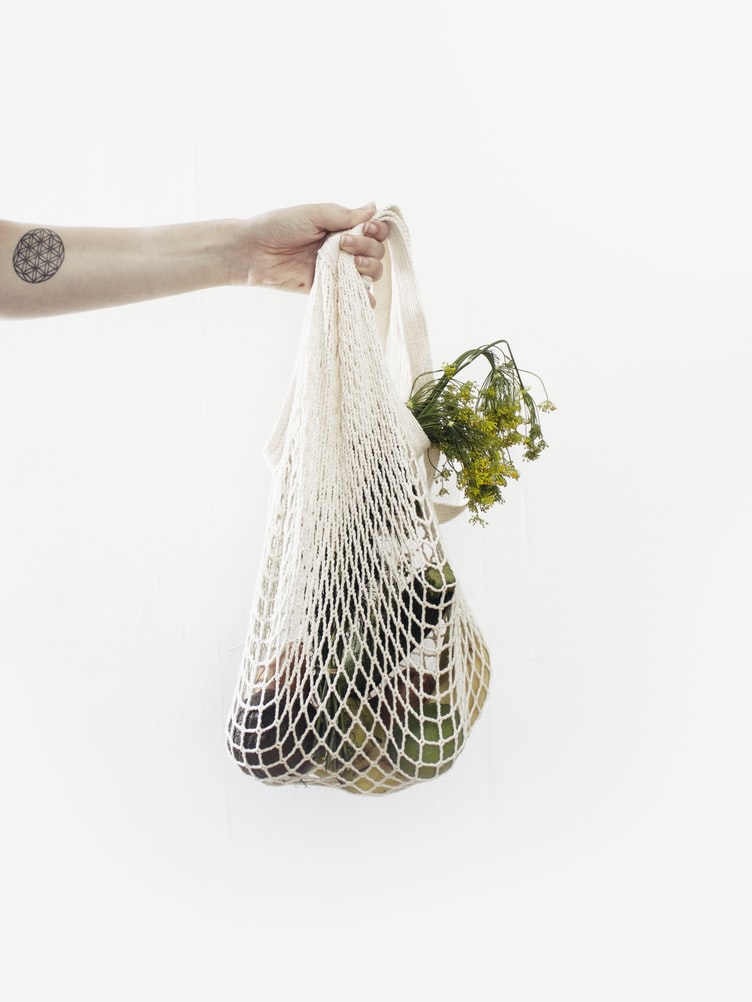
To avoid getting overwhelmed by all the things we can do (or aren’t doing) to help the environment, let’s take it one step at a time. Think about different aspects of your life – diet, water conservation, your kitchen, etc. – and try to implement just one thing a month. It takes a while to make something into a habit, so don’t think you have to incorporate all of these at once. Remember. It’s the small changes that can make a big impact.

1. Go vegetarian for a day
With animal agriculture (factory farming) being one of the leading causes of climate change, going vegetarian for just ONE day a week can make a huge difference. It takes anywhere from 1500 to 2000 gallons of water to make just one pound of beef. Because we’re eating more meat that is available, we’ve had to turn to factory farming to crank out enough meat to satisfy our taste buds. But if everyone in the US reduced their meat intake by just one day a week it would save over 1.4 billion animals from being raised for meat!
Crazy numbers, right? And now that we’ve discovered plant-based expert Jessica Murnane (and her delicious recipes), going vegetarian for a day sounds like a piece of [vegan, gluten-free, refined-sugar-free] cake.
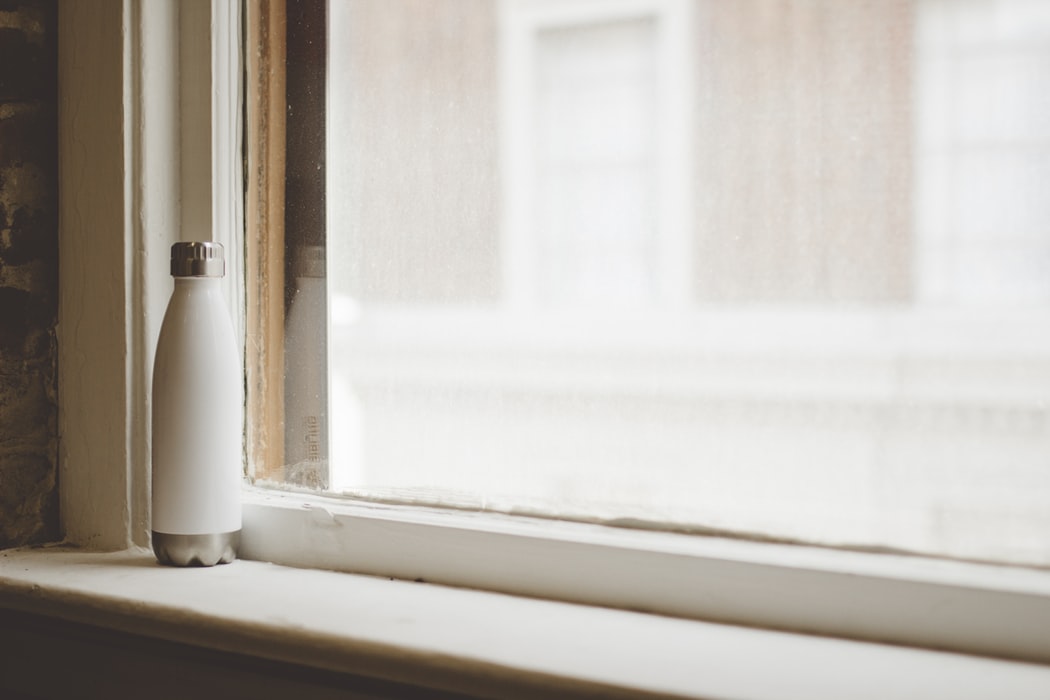
2. Invest a in a reusable water bottle and / or coffee cup
When you’re constantly on the go, we often forget how much waste builds up with that daily (or sometimes multiple times a day) coffee run. Even with recyclable cups, it’s ideal to not create the waste at all (although the second best is to recycle). However, there’s not always readily available recycling everywhere we go, so those plastic bottles and coffee cups often get thrown away. To prevent this, keep a reusable water bottle and / or coffee cup in all the places you might need them. Whether it’s in your car, at your desk, in your work bag – have them readily available so you won’t forget them next time you need your caffeine fix or a dose of hydration.
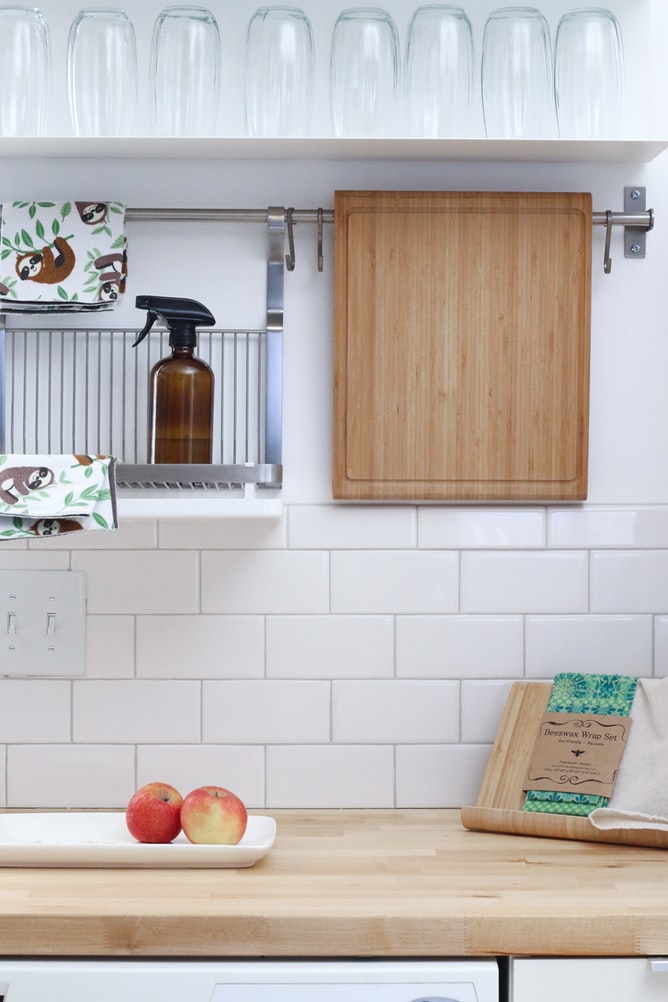
3. Make your own cleaning products
It’s way easier than it sounds, especially considering white vinegar and baking soda clean pretty much everything. Making your own cleaning products not only reduces packaging waste from regularly buying them at the store, but it also saves you from using harsh and potentially dangerous chemicals on your everyday surfaces. Going Zero Waste has some great recipes for DIY cleaning products, including an all-purpose cleaner, a tub scrub and even all-natural bleach (yes, this is possible!)

Save water by…
4. Using leftover drinking water to water your plants
5. Turn off tap when brushing your teeth
6. Use a water-saving shower head
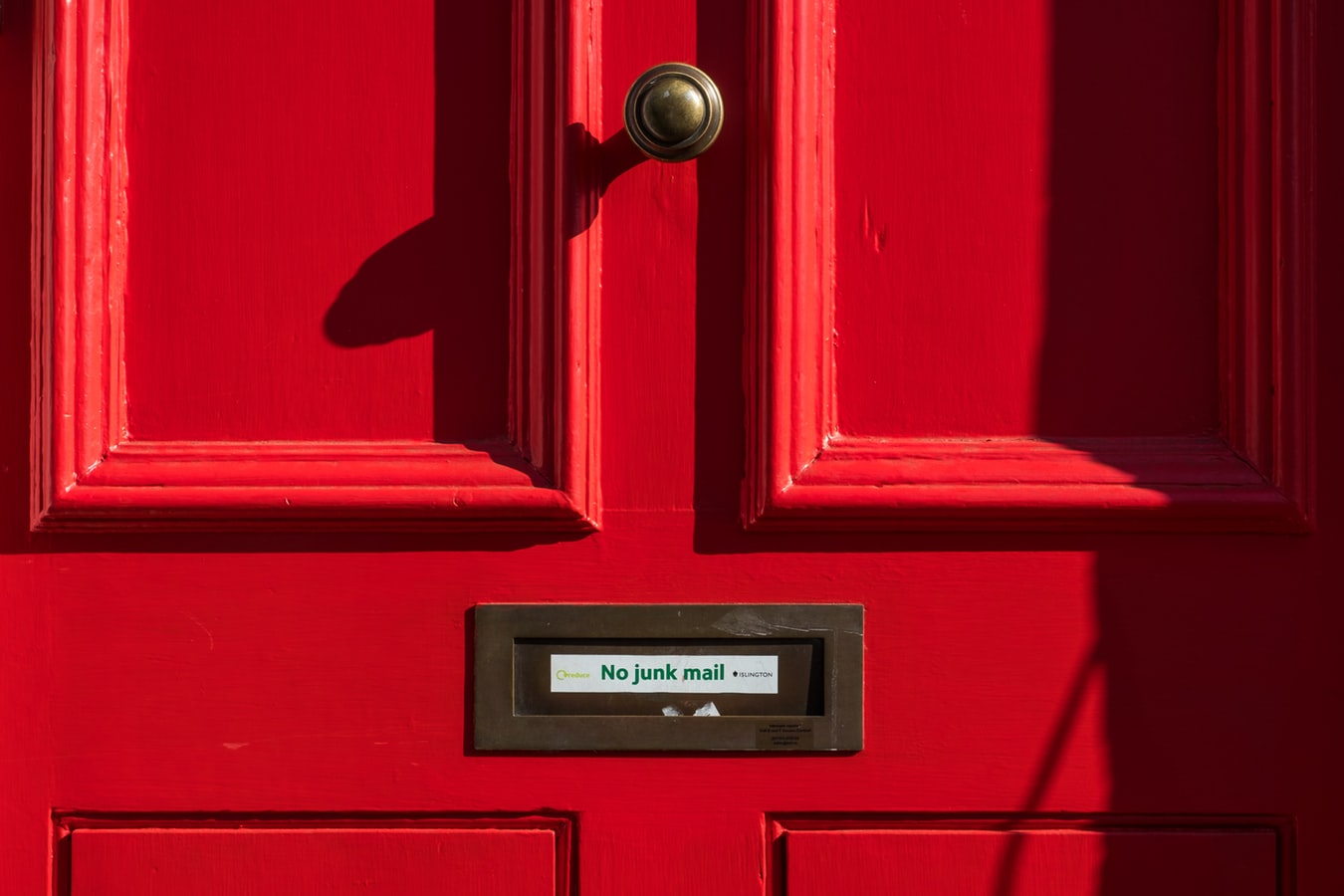
7. Cut out junk mail
No one likes getting junk mail, yet we don’t do anything to stop it from happening (mostly because we didn’t know it was possible!) Thankfully, there IS something you can do. Not only will this help unclog your (IRL) inbox but it can have a significant impact on the environment. Did you know over 100 billion pieces of junk mail are mailed to US households each year? This includes about 12 billion catalogs (and who is still shopping these??) which means over 100 million trees were cut down to produce this junk mail (many of which are from sensitive forests like in Indonesia and Brazil).
So what to do about it? There are two resources you can sign up for, where you can stop receiving pre-approved credit card offers (optoutprescreen.com) and reduce the amount of unsolicited catalogs sent to you (catalogchoice.org).
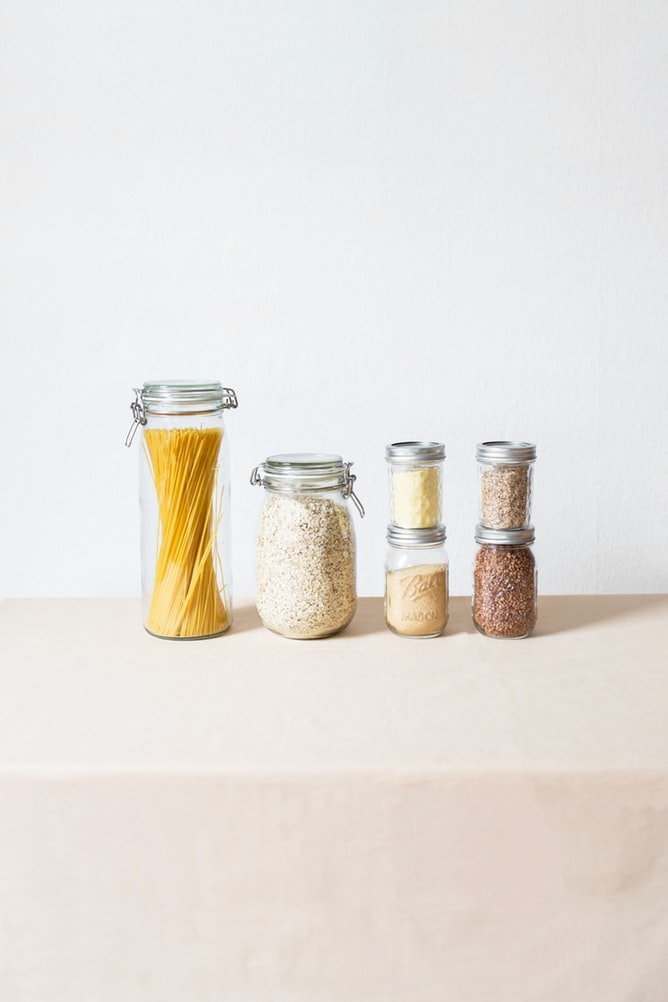
Reduce plastic by…
8. Bringing your own grocery bags
This can be difficult to remember if you don’t have a car to store them in. If you’re carless (bonus points for more eco-friendliness!) keep a tightly rolled up reusable tote (or two) in your purse / work bag. That way, you can be ready for that impulse Trader Joe’s run…whenever you finally decide to make that cauliflower gnocchi.
9. Let produce roam free
You don’t need to bag all of your produce individually, especially with the plastic provided at the grocery store. Let your avocados roam free! They don’t need to be confined in any plastic anyway.
10. Bring reusable bags and / or mason jars for the bulk section
If your weekly grocery run involves scooping up and down the aisle of the bulk section, it might be time to invest in mason jars (or any reusable packaging for those organic raw sprouted nuts you’re not sure why you’re spending $15 a lb on, but they’re goop approved so it must be worth it).
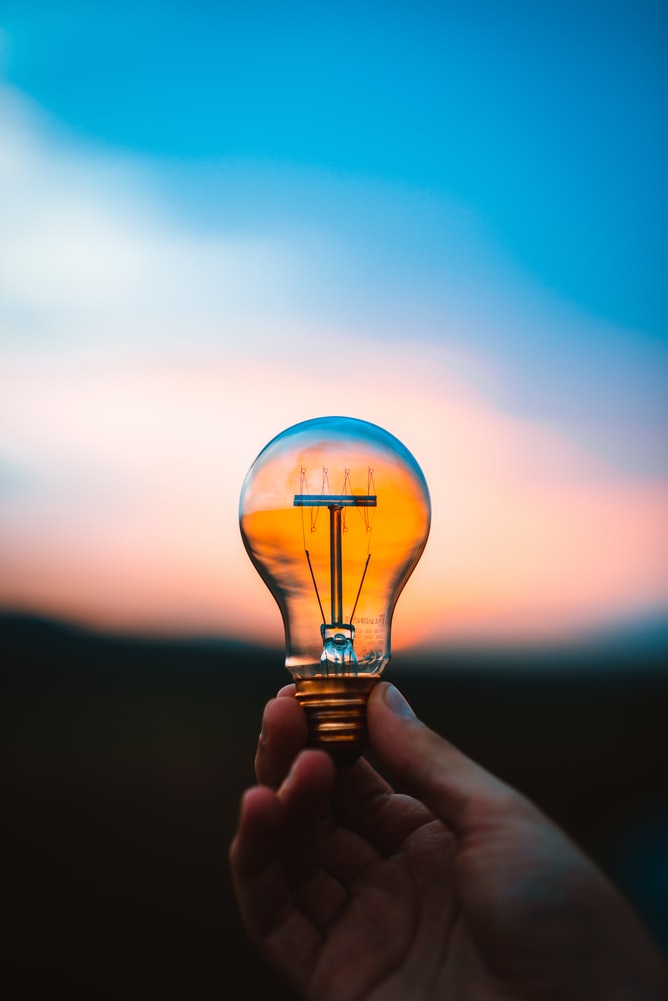
11. Switch your lightbulbs
We love tips that not only help the environment, but also help save us money. Switching from traditional incandescent lightbulbs to compact fluorescent lightbulbs (C.F.L.) will make your household more energy-efficient, saving you money each month. They are more expensive initially but you will not have to change your lightbulbs as often, so they’re definitely worth the investment. And if that’s not convincing enough – if every American household replaced just one of these lightbulbs, the reduction in pollution would be equivalent to removing one million cars from the road!
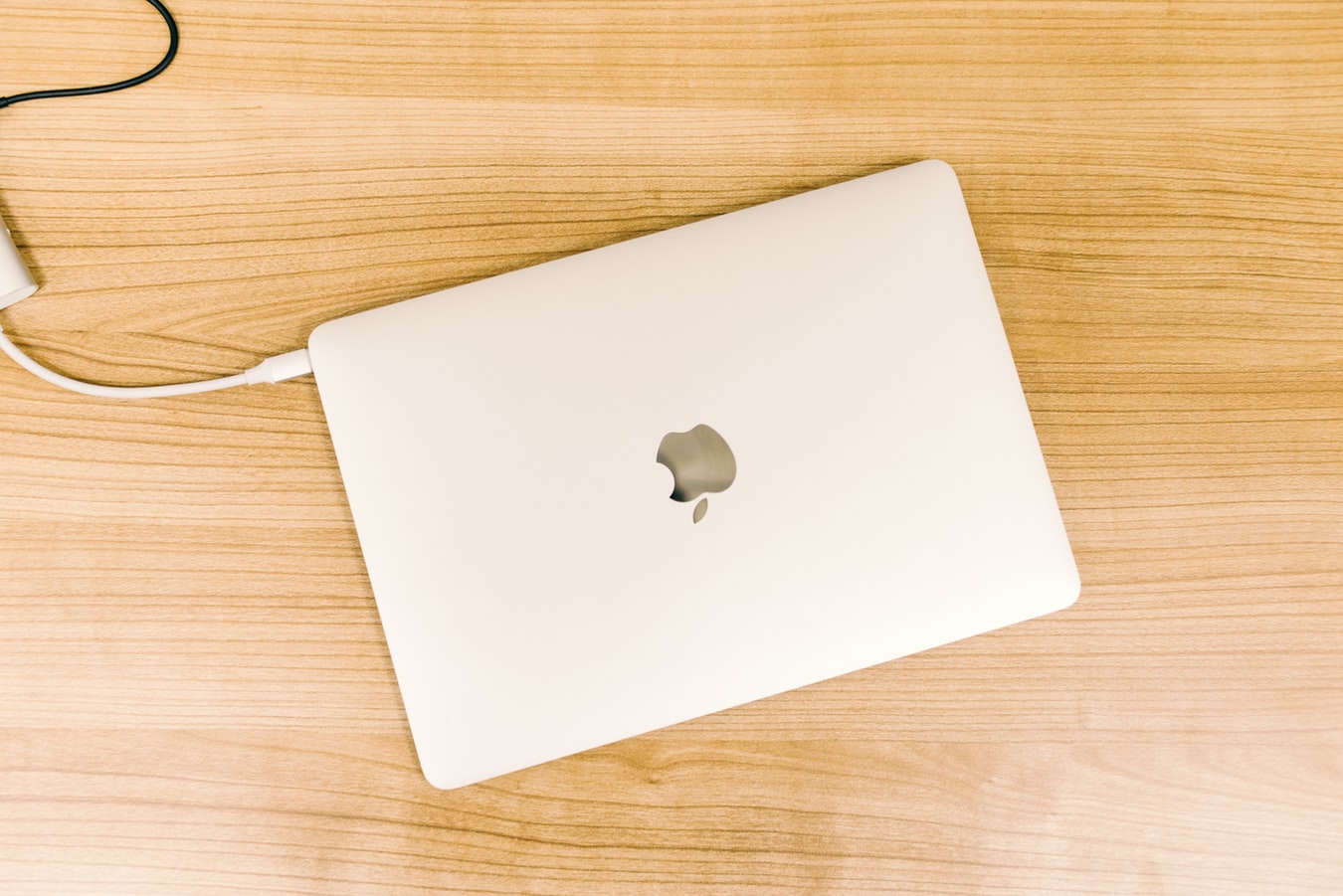
12. Reduce electrical waste by unplugging
Although we probably don’t have all of our electronics and appliances turned on at all times, the fact that they’re even plugged in / on stand-by wastes a ton of energy. Something as simple as turning off your power strip or unplugging your phone / laptop charger while it’s not being used are a few little things that can a big impact.
—
We hope this post inspires you to make at least just one eco-conscious decision today, this week or even this month. It sure has inspired us to do so! Here at TSB, we encourage people to bring their own water bottles (but we do sell boxed water instead of plastic bottles if you forget yours). We’re also a paperless studio , and we refill our soap bottles from bulk bottles…trying to reduce plastic (as much as we can!)
If you have any other tips, please feel free to leave in the comments. We’d love to hear from you!
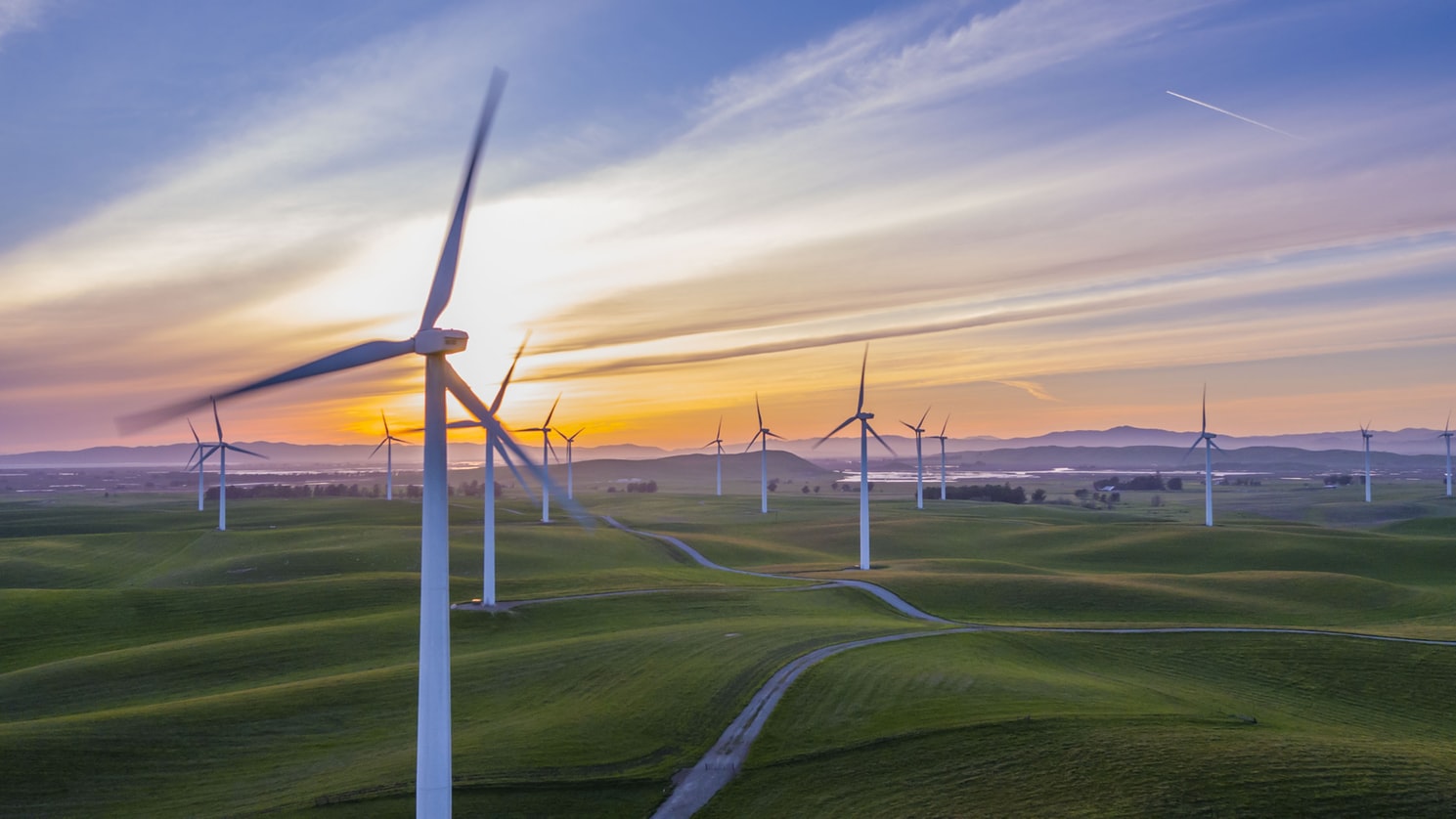
Love this little page its a great place to start and iv shared it with everyone on my WhatsApp. We all read about whats happening to our environment but so many people I chat with dont know what we can do, so I love this page. Would love to know more and more so I can make changes and share it.
How can we cut out plastic at the supermarket as its ridiculous when u go shopping. Are there better places to shop.
Also where is a good place to buy clothing for kids?
So many micro fibers and I dont know where to shop…..
16 ramsey close west hendon lomond NW9 7DW if you can send more info on anything related.
Thanks fay